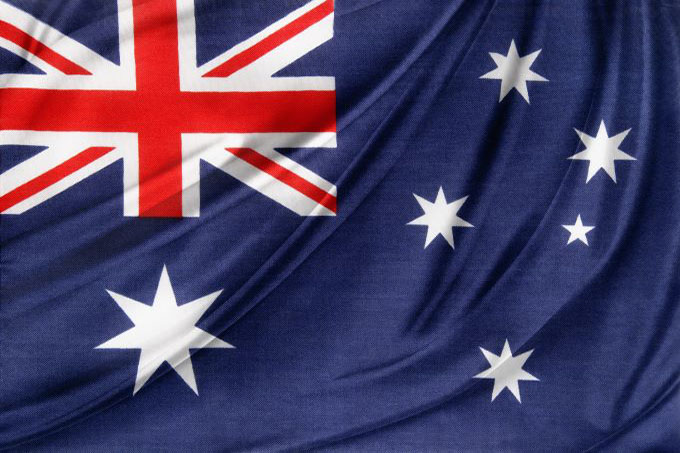 Despite the advance of the sanitary crisis, the Reserve Bank of Australia announced its decision to leave the cash rates unchanged at 0.25 percent, signaling further monetary easing to aid the performance of the Australian economy,
Despite the advance of the sanitary crisis, the Reserve Bank of Australia announced its decision to leave the cash rates unchanged at 0.25 percent, signaling further monetary easing to aid the performance of the Australian economy,
When announcing the decision, the bank's governor commented that the global economy is recovering, though in an uneven way and conditional on the containment of the virus.
"While infection rates have declined in some countries, they have increased in others. The recovery is most advanced in China, where conditions have improved substantially over recent months. Globally, inflation remains very low and below central bank targets," he said.
Lowe said that the rate of unemployment is now a national priority, so the bank's governing board is considering how additional monetary easing could support the labor market during the reopening of the economy. He highlighted that both monetary and fiscal support will be required for some time given the current economic situation and that until now the bank's policy package is working as expected.
The RBA is not raising the cash rates until the economy gets back to the path towards full employment and until inflation stands within the bank's 2–3 percent target.
Regarding the state of the Australian financial system, Lowe commented that borrowing costs are at a record low while liquidity remains high.
The Australian Bureau of Statistics reported that imports went up by 2 percent in August (month-to-month), after increasing by 6.2 percent in the previous month. Exports contracted by 4.2 percent in August, falling more than expected, after dropping by 3.4 percent in the previous month. The trade balance stood at 2643 million in August, below the analyst's expectations who foresaw a 5154 million surplus and lower than the previous month's figure, which stood at 4294 million.
By 7:10 GMT the Australian dollar went down by 0.21 percent against the US Dollar, falling to the 0.7164 level.
German Factory Orders Jump
German factory orders went up for the fourth consecutive month gaining 4.5 percent in august (month-to-month), over the analysts' expectations who foresaw it to gain 2.6 percent and greater than the previous month's 3.3 percent. In yearly terms, factory orders dropped by 2.2 percent in August, improving from the previous month's figure, which stood at -6.9 percent and way better than the analysts' expectations who foresaw it to drop by 19.9 percent.
The French financial minister Le Maire announced that the ministry is heading in the right direction regarding plans to aid the French economy, highlighting that there are signs that the economy is recovering and that the state is willing to help the bars and restaurants sectors.
So far, 304,657 coronavirus cases have been reported in Germany, as well as 9,616 total deaths. In France, 624,274 COVID-19 cases have been reported as well as 32,299 total deaths.
By 7:51 GMT the Euro went down by 0.03 percent against the US dollar, falling to the 1.1778 level.

